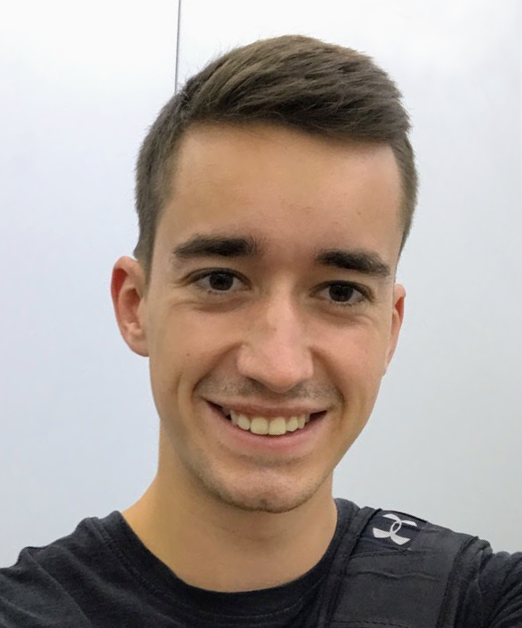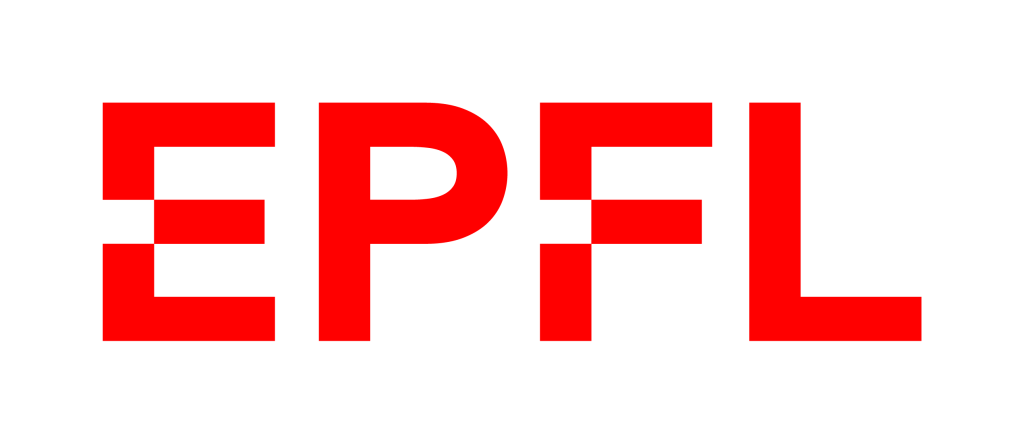Meet the Researcher: Benjamin Hunkeler
Interview Partner

Education
Country of Origin
Institution
Please describe your PHRT project
Benjamin: Targeted radionuclide therapy is among the most promising therapy concepts for disseminated cancer. The targeted delivery of therapeutic radionuclides to cancer cells using tumor-specific carriers has been successfully applied for neuroendocrine and prostate cancers. For gynecological malignancies, the folate receptor alpha (FRα) has been proposed as a potential target. In collaboration with the University Hospital Zurich, we aim to identify, characterize and investigate cancer (sub)types for the expression of FRα using state-of-the-art digital analysis of tissue microarrays. At the Paul Scherrer Institute, we investigate new designs of folate radioconjugates to improve their tissue distribution profile.
What are the biggest challenges of your project?
Benjamin: The differential expression of FRα in certain cancer types makes it an attractive target. Unfortunately, the kidneys rely on the same receptor to salvage the vitamin folate from primary urine, which consequently results in high kidney accumulation of folate radioconjugates. The folate receptor-β, another folate receptor isoform, is found on immune cells and cells of the hematologic system. Thus, we are working on strategies to specifically target tumor cells.
What are you most proud of regarding the PHRT project?
Benjamin: Targeted radionuclide therapy is a promising approach to treat metastatic cancer, yet it is not available for most cancer types. I am proud to play an active role in the development of new radioconjugates to make this therapy approach available for a wider variety of cancer types in the future. I am also proud to conduct my research project at the renowned Paul Scherrer Institute and to have the opportunity to collaborate with the University Hospital Zurich.
What do you like the most about working in an ETH Domain research group?
Benjamin: The aspect I find most gratifying about being part of an ETH Domain research group is the exceptional opportunity for interdisciplinary collaboration. This unique setting allows me to collaborate and exchange knowledge with chemists, medical doctors, engineers, biologists and pharmaceutical scientists. Furthermore, I have the privilege to receive training in pathology at the University Hospital Zurich and in radiopharmaceutical techniques at the Paul Scherrer Institute.
What do you dream to achieve in research one day?
Benjamin: Having previously been involved in a startup focused on brain tumor immunotherapy and now working in the group of Prof. Cristina Müller on targeted radionuclide cancer therapy, my ultimate objective is to witness the impact of my work in the clinical setting. The prospect of my contributions leading to the development of a therapeutic drug that effectively enhances the quality of life for cancer patients is a significant goal that drives me in this field.



